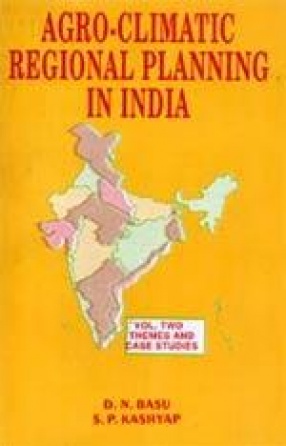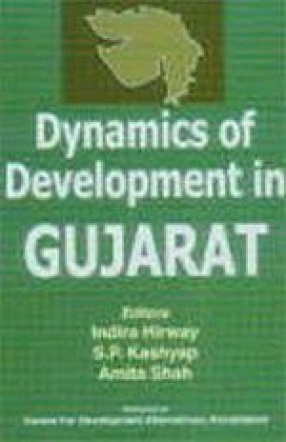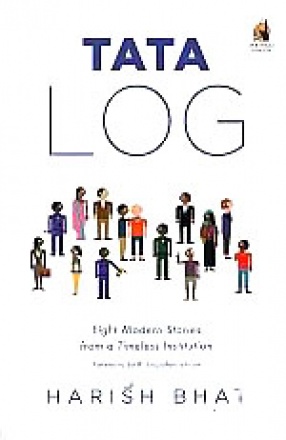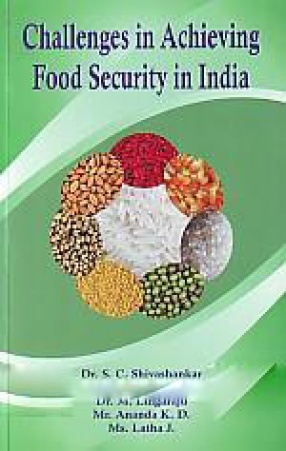The genesis of Agro-Climatic Regional Planning (ACRP) in India in its present form can be attributed to late Prime Minister Shri Rajiv Gandhi. The late Prime Minister, while reviewing the work of the Ministry of Agriculture suggested, in May 1987 that the programmes of Agriculture and Rural Development needed to be reoriented along area specific lines. This idea was operationalised by the Planning Commission with the launch of the ACRP project in mid 1988. The ACRP approach differs from traditional planning in three fundamental ways. One, it begins with area specific resource mapping instead of hierarchical imposition of priorities and programmes. Two, the central thrust of the approach is long-term resource efficiency, of sustainability which is achieved by pushing the production possibility frontier without jeopardizing inter-generational growth prospects. Finally, the ACRP approach strives to strike a balance between regional priorities and national concerns. One of the significant attainments of ACRP has been the creation of a countrywide network of Scientists, Economists, Planners and other subject Experts working together on an innovative approach to agriculture planning. This is perhaps the only such attempt of creating a nexus between research and administration for planning. The outcome of the project so far has been a large body of research papers, produced variously by the Central Support Cell (ARPU) at Ahmedabad, the Zonal Planning Teams across the country and a large number of consultancy studies by leading institutions of the country. These are in the form of profile and strategy reports, sectoral studies, models and area specific plans for agriculture & allied sectors. This set, in two volumes, attempts to consolidate and present important aspects of this large volume of work. Volume One elaborates the concept of ACRP and its applications at the zone, state and district levels. Volume Two deals with amplification of ACRP through themes and cases. These include land and water resource mapping, space specific sustainable output generation possibilities, yield gaps across crops and agroclimatic zones/subzones, strategy formulations suiting local conditions, while accounting for ongoing structural changes, rural urban linkages.
Agro-Climatic Regional Planning in India
$49.50
$55.00
In stock
Free & Quick Delivery Worldwide
All orders amounting to US$ 50 or more qualify for Free Delivery Worldwide. For orders less than US$ 50, we offer Standard Delivery at $14 per book.
ABOUT THE AUTHOR D.N. Basu
D.N. Basu was Economic Adviser (Housing, Urban Development and Water Supply) to Planning Commission and in-charge of the ACRP Project when he expired in July 1995. He did his masters in Economics from ISI Calcutta and his postgraduate studies at Harvard University, USA. Before joining the Government, he pioneered the Operations Research Group (ORG), where he had carried out extensive studies on cropping pattern and water modeling for the Sardar Sarovar (Narmada) Project. As a Senior Consultant to Planning Commission, he had launched the Agro-Climatic Regional Planning Project in 1988. His personal vision and dynamism was responsible for the wide recognition of the ACRP paradigm as the sustainable development option. As Adviser, he was the prime mover behind the “Megacity†project, the State Finance Commissions, and initiated policy measures for privatizing urban infrastructure, particularly in the areas of transport systems and water supply. He had contributed to many journals as an Economist. He authored two books namely “The Macro Economic Framework (including Consumption Pattern) for Long Range Perspective for India†and “Impact of Agricultural Development on Demographic Behaviourâ€.
ABOUT THE AUTHOR S.P. Kashyap
S.P. Kashyap is Professor of Economics at Sardar Patel Institute, Ahmedabad. He received his Doctorate from Gujarat University, Ahmedabad and did post-doctoral work on input –output analysis at the University of Pennsylvania, USA. His main areas of interest are industrial Economics, Planning, Regional & Urban Economics. He has authored many books and articles.
reviews
0 in total
Review by Anonymous
Be the first to review “Agro-Climatic Regional Planning in India” Cancel reply
You must be logged in to post a review.
Bibliographic information
Title
Agro-Climatic Regional Planning in India
Author
Edition
1st ed.
Publisher
ISBN
8170225841
Length
330p., 340p., Figures; Tables; Notes; References; Index; 23cm.
Subjects






There are no reviews yet.